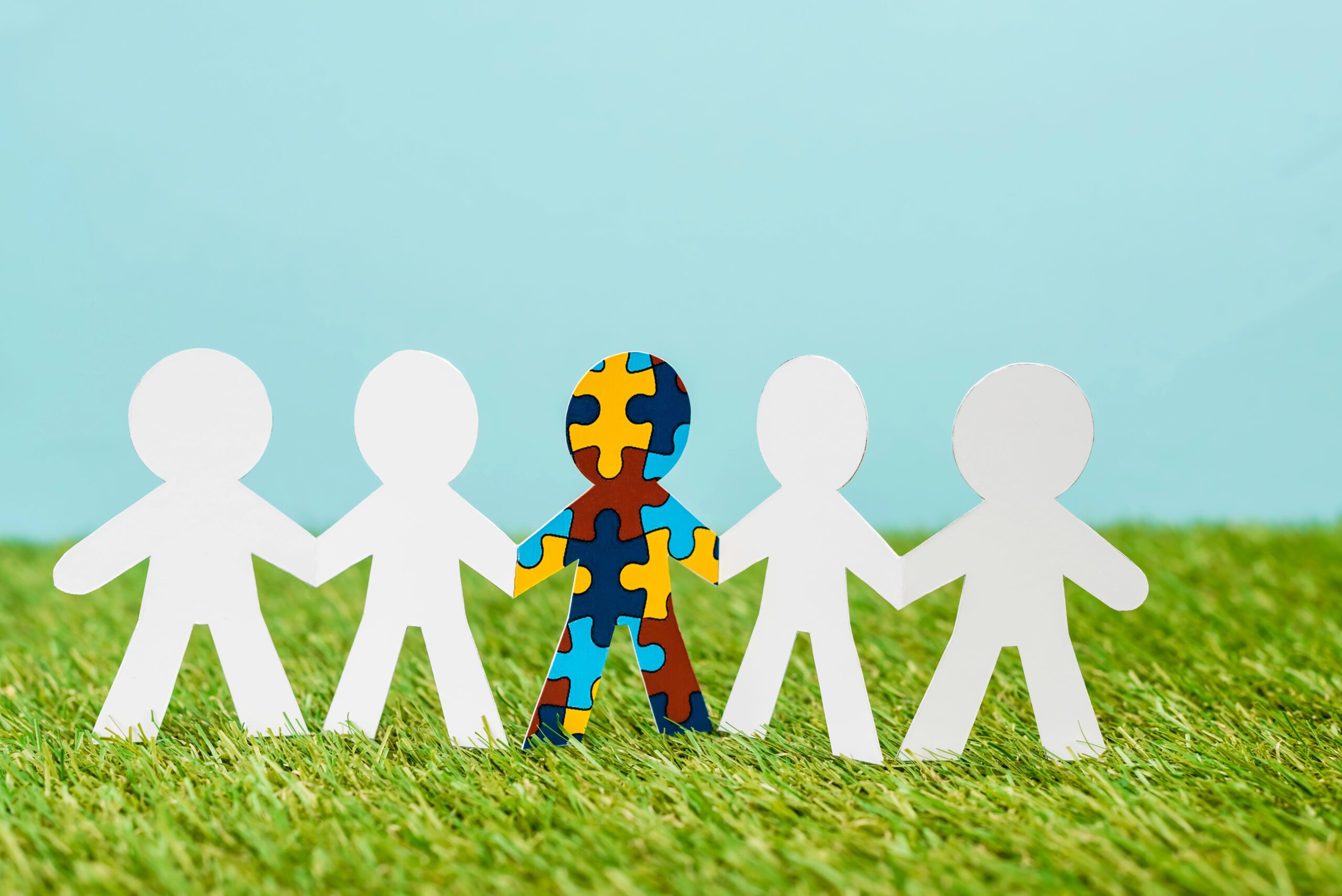
Building Daily Routines: Enhancing Structure for Autistic Children
For parents of autistic children, daily life can often feel unpredictable and overwhelming. The struggle to create structured daily routines that provide security and support is a common challenge. However, building a consistent daily routine can make a world of difference in a child’s ability to navigate the day with confidence and ease.
Children with autism thrive in predictable environments, where they know what to expect and when. Establishing structured daily routines not only reduces anxiety but also enhances independence, improves communication, and fosters positive behaviors.
For families in Flower Mound, TX, integrating a well-planned daily routine can complement professional autism behavioral therapy and improve a child’s overall development. This guide will explore why routines matter, how to create effective schedules, and practical tips for implementation.
Understanding the Importance of Daily Routines
Predictability and Security
Children with autism often experience heightened anxiety when faced with unexpected changes or unstructured environments. A well-defined routine creates a sense of security by:
- Providing a clear structure for daily activities, reducing stress and confusion.
- Helping children understand what comes next, making transitions smoother.
- Minimizing meltdowns and anxiety triggers by setting predictable expectations.
By following a consistent routine, children feel more in control of their day, making it easier for them to focus on learning and social interactions.
Skill Development
Beyond offering predictability, structured routines play a key role in building essential life skills. When children follow a set schedule, they develop:
- Independence – Performing tasks on their own, such as getting dressed or brushing their teeth, fosters self-reliance.
- Time management – Understanding the sequence of activities helps children pace themselves throughout the day.
- Self-esteem – Successfully completing routine-based tasks builds confidence and a sense of accomplishment.
Incorporating ABA therapy strategies within daily routines ensures children develop practical skills while reinforcing positive behaviors.
Behavioral Benefits
Children with autism may exhibit challenging behaviors when they feel overwhelmed or uncertain. A structured routine helps:
- Reduce behavioral outbursts by minimizing surprises and creating stability.
- Encourage positive behaviors through repetition and reinforcement.
- Improve focus and attention by providing a clear framework for daily activities.
By integrating child autism therapy Flower Mound into daily schedules, parents can further support behavioral growth and encourage emotional regulation.
Steps to Establish Effective Daily Routines

Assess Individual Needs
No two children with autism are the same, so routines should be personalized based on:
✔ The child’s preferences and strengths
✔ Sensory sensitivities (noise levels, lighting, textures)
✔ Communication abilities (verbal, nonverbal, visual cues)
Starting with small, achievable goals ensures the child feels comfortable and engaged in their new routine.
Develop a Visual Schedule
Many autistic children process information visually, making visual schedules an effective tool for structuring their day.
- Use visual aids – Picture cards, digital apps, or written lists can help outline daily tasks.
- Make it accessible – Place the schedule in highly visible areas like the bedroom or kitchen.
- Keep it portable – A small, laminated version can help children navigate activities outside the home.
By incorporating visual cues, children gain clarity and confidence in their daily routines.
Maintain Consistency
Consistency is crucial when implementing routines. To reinforce stability:
✔ Follow the same wake-up, meal, and bedtime schedules daily.
✔ Use verbal or visual reminders to transition between activities.
✔ Keep expectations clear and consistent across caregivers, teachers, and therapists.
Over time, the child will naturally internalize the routine and require fewer prompts.
Incorporate Flexibility
While consistency is important, allowing some flexibility helps children adapt to changes in a manageable way.
✔ Prepare for minor variations – Use phrases like “First, we brush our teeth, then a surprise!” to ease transitions.
✔ Introduce small adjustments – Change one activity at a time to build adaptability.
✔ Teach coping strategies – Help children practice calming techniques when schedules shift unexpectedly.
Balancing structure with flexibility ensures children develop resilience while still feeling secure.
Practical Tips for Implementing Routines
Start Small
Introducing one routine at a time prevents children from feeling overwhelmed. For example:
- Begin with a simple morning routine (wake up, brush teeth, eat breakfast).
- Gradually introduce structured playtime, learning activities, and bedtime habits.
Small, step-by-step changes help children adjust at their own pace.
Use Reinforcement
Positive reinforcement motivates children to follow routines.
✔ Praise efforts with verbal encouragement (“Great job putting on your shoes!”).
✔ Use small rewards like stickers or favorite activities to reinforce participation.
✔ Maintain a calm and supportive tone to encourage cooperation.
By celebrating small successes, children develop a positive association with routines.
Engage the Child
Involving children in creating their own routines fosters independence and investment.
✔ Let them choose activities within structured limits (“Do you want to read a book or draw before bedtime?”).
✔ Encourage hands-on participation in setting up their visual schedule.
✔ Adjust routines based on their feedback to keep them engaged.
When children feel involved, they are more likely to follow routines willingly.
Addressing Challenges
Resistance to Change
Some children may struggle with new routines or resist adjustments. To ease transitions:
✔ Start with small, familiar activities before introducing new elements.
✔ Offer choices to give the child a sense of control.
✔ Use transition cues like timers or countdowns to prepare for changes.
Parental Consistency
Caregivers play a crucial role in reinforcing routines. To maintain consistency:
✔ Ensure all family members follow the same schedule.
✔ Communicate routine expectations to teachers, therapists, and caregivers.
✔ Stay patient—progress takes time.
Environmental Adjustments
Optimizing the home environment can improve routine adherence:
✔ Minimize distractions during structured activities.
✔ Create sensory-friendly spaces for calming transitions.
✔ Use clear labels on storage areas to encourage organization.
A well-structured environment enhances the effectiveness of daily routines.
Role of Professional Support
Consulting Therapists
Working with autism behavioral therapy specialists in Flower Mound can provide:
✔ Personalized behavioral strategies for routine-building.
✔ Parent training sessions to improve implementation.
✔ Therapeutic interventions to reinforce structure.
Community Resources
Flower Mound offers valuable local resources, including:
✔ Autism support groups for parents
✔ Specialized ABA therapy centers
✔ Educational workshops and sensory-friendly events
Utilizing community support ensures families receive ongoing guidance in structuring routines effectively.
Helping Your Child Thrive, One Routine at a Time

Daily routines provide autistic children with the structure, security, and predictability they need to thrive. Parents play a central role in creating, reinforcing, and adjusting routines to fit their child’s evolving needs. By implementing strategies such as visual schedules, consistent timing, and gradual transitions, parents and caregivers can create a supportive environment that reduces anxiety and enhances overall well-being. While routines are important, it is equally crucial to incorporate flexibility, teaching children how to navigate changes in a manageable way.
At Achievement Balance, we believe that every child deserves a structured yet adaptable environment that supports their unique needs. Our specialized services, including Applied Behavior Analysis (ABA), Cognitive Behavioral Therapy (CBT), and speech therapy, are designed to help families in Flower Mound create effective routines that promote independence and success.
If you’re looking for expert guidance in building the best routine for your child in autism behavioral therapy, let’s work together. Visit Achievement Balance to learn more about how we can support your family in creating a balanced and fulfilling daily structure for your child.
Phone: (972) 410–5297
Email: info@achievement-balance.com

